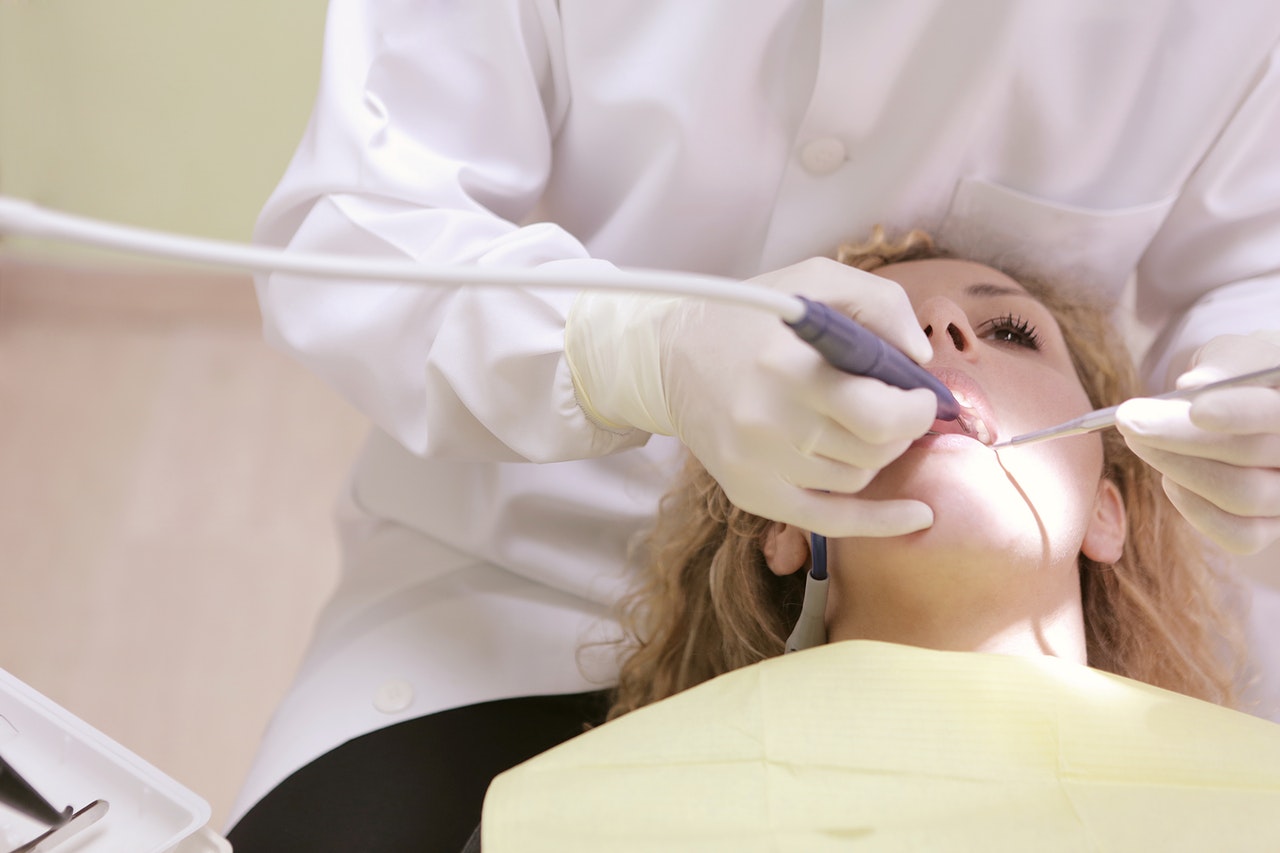Professional
Marketing
How to Choose Between Different SEO Consultants in London
If you have a business, you need to ask yourself one question; are you on the first page of Google? If the...
Latest Posts
Exploring 2023 Punjabi Movies on Okjatt.com
Explore the latest Punjabi movie releases on Okjatt.com in 2023, including hit films like "Jatt vs. Ielts 2" and "Sufna Returns." Learn about Okjatt's extensive collection, user-friendly interface, and streaming speed on this established platform since 2001. Discover legal concerns surrounding Okjatt Com's distribution of copyrighted content, and the potential consequences for users accessing pirated movies.
Exploring 2023 South Indian Films on FilmyFly.com
Explore the vibrant world of South Indian cinema in 2023 on FilmyFly com! Discover a mix of action-packed blockbusters and heartwarming dramas starring industry giants like Rajinikanth and Vijay. Anticipate titles like "Veta" and "Sarkari" as FilmyFly com continues to cater to a global audience, celebrating the rich cultural heritage of South Indian cinema. Get ready for visual spectacles and captivating storytelling that promise to enthrall viewers worldwide.
Unlock the Best with Masa49.com’s Exclusive Content
Discover a digital paradise at Masa49.com! With over 1 million users monthly, this platform presents a fusion of trendy articles and entertaining videos. Choose from Basic (free), Premium ($9.99/month), or VIP ($19.99/month) for exclusive access. Users love the content mix and sleek interface, earning it a glowing 4.5-star rating. Join for a top-tier digital experience!
Unlocking the Potential of Shaalaa Com: A Comprehensive Educational Platform
Explore the educational benefits of Shaalaa.com with its comprehensive study materials, interactive quizzes, and user-friendly interface. Access 50+ subjects catering to diverse academic needs, from mathematics to history. Learn about the platform's evolution, pros like interactive quizzes, and cons of vast subject coverage. Discover Shaalaa Com's future plans to enhance interactivity, introduce new subjects, and aim for 100+ subjects for a more engaging learning experience.
Discover Modyolo.com: Project Management & Collaboration Tools
Discover why Modyolo.com stands out with its project management, time tracking, and team collaboration tools. Boasting an intuitive interface, cutting-edge features, and stellar customer support, this platform is a favorite among 10,000 users. Explore its cost-effective pricing starting at $10 per month and see how it compares to other industry players.
Discover Masa49: A Top Platform for Entertainment
Looking for an online platform that offers a blend of entertainment and inspiration? Look no further than Masa49.com! With over 2 million monthly visitors, this site delivers movie reviews, fashion insights, and lifestyle content. Stay engaged with its user-friendly interface and top-notch security features like encryption and SSL protection. Join the diverse community of movie buffs, fashionistas, and lifestyle seekers at Masa49.com today!
Lesar247.com: Revolutionizing Shopping with Fast Load Times & Diverse Products
Discover a game-changing online shopping destination at Lesar247.com! Enjoy lightning-fast load times, diverse product offerings, secure transactions, and top-notch customer service. Explore subscription plans for exclusive perks and a seamless shopping journey that prioritizes user satisfaction.
Unlock Secure & Efficient laser247.com Login Essentials
Discover the secrets to a seamless and secure login experience on laser247.com. Unravel the steps to effortlessly access services and safeguard your account with expert tips like unique passwords and two-factor authentication. Unleash the potential of laser247.com's user-friendly interface and password manager for enhanced security. Maximize efficiency and convenience while effortlessly navigating the login process.
Cricbet99.com: Your Ultimate Cricket Betting Destination
Discover the ultimate cricket betting destination at cricbet99.com! Dive into a world of thrilling match predictions, latest odds, and expert insights on over 1,000 matches every month. With a seamless interface, 24/7 customer support, and diverse betting options, including a 100% sign-up bonus up to $100, this platform is a must-visit for both newbies and seasoned bettors. Enhance your cricket betting experience today!
Afilmywap Com: Movie Collection, Legal Concerns & Future Risks
Explore the world of afilmywap com, a popular movie platform since 2013. Delve into its vast collection, fast downloads, and user-friendly interface while navigating the legal complexities of pirated content and copyright violations. Unravel the risks, benefits, and the uncertain future of Afilmywap Com in a landscape riddled with legal challenges and the need to uphold user trust.
Unveiling the Benefits of Hacksplaining.com
Discover the benefits of Hacksplaining.com for hacking and cybersecurity enthusiasts. Explore interactive tutorials and practical insights simplifying complex concepts. Uncover its engaging approach and real-world examples that enhance cybersecurity knowledge for users at different levels.
Resultsinfo 99.com: Your Go-To Source for Exam Results & Job Updates
Discover the one-stop portal, resultsinfo99.com, for all exam results and job updates. Unveil its user-friendly interface, extensive database, and top-notch security. Anticipate a surge of 20% in exam updates, 30% in jobs, 10% in user engagement, and bolstered SSL security. Stay ahead of the curve with resultsinfo99.com!


















